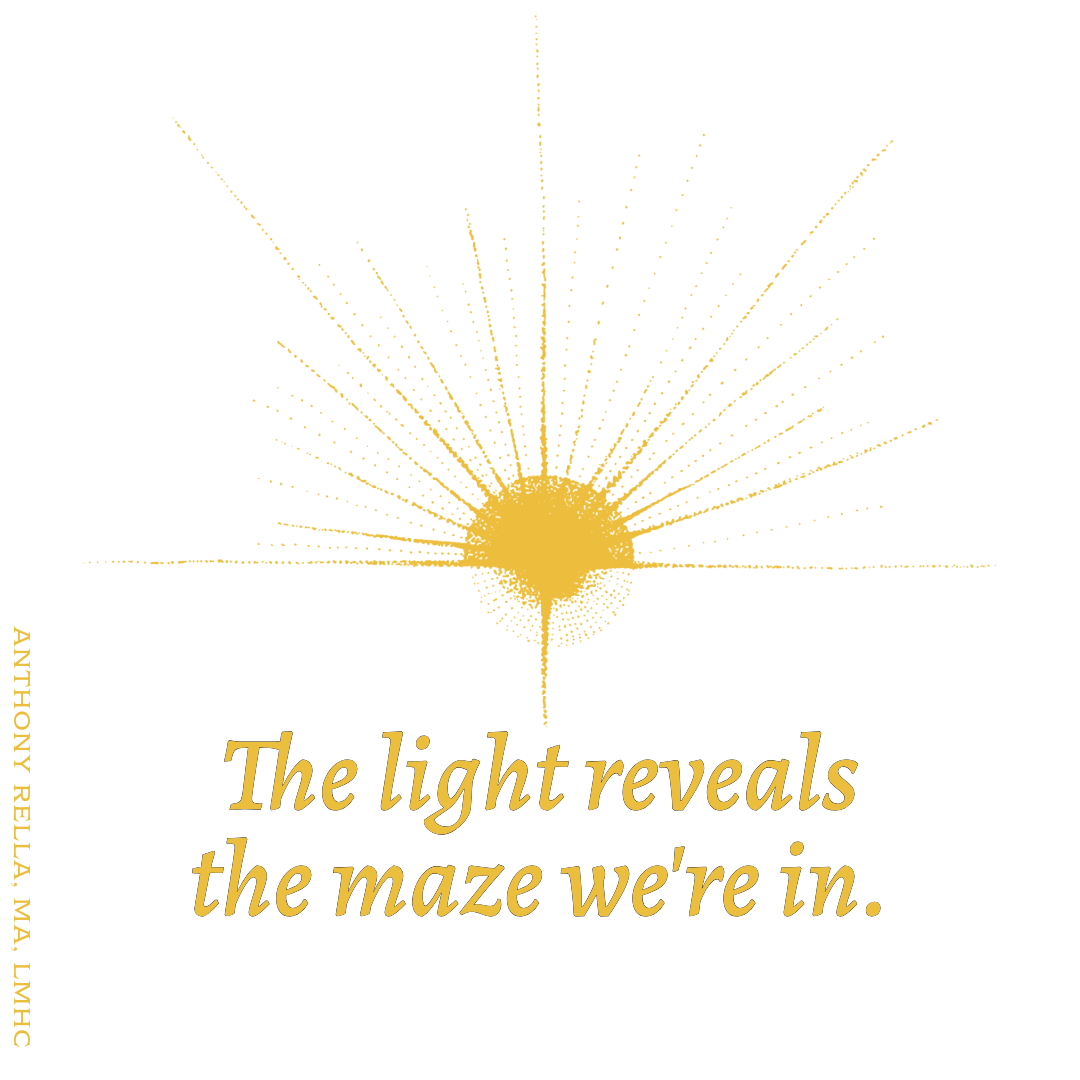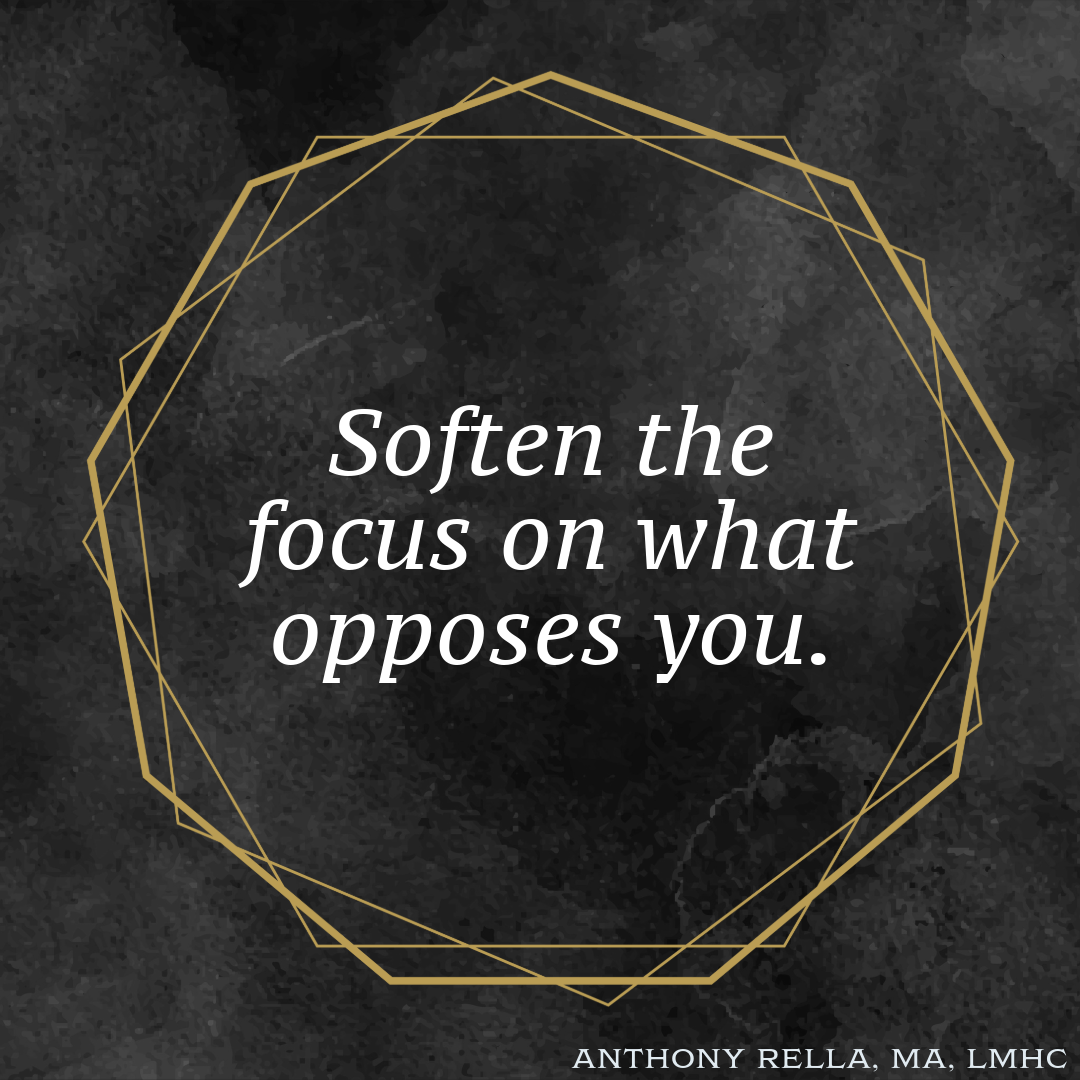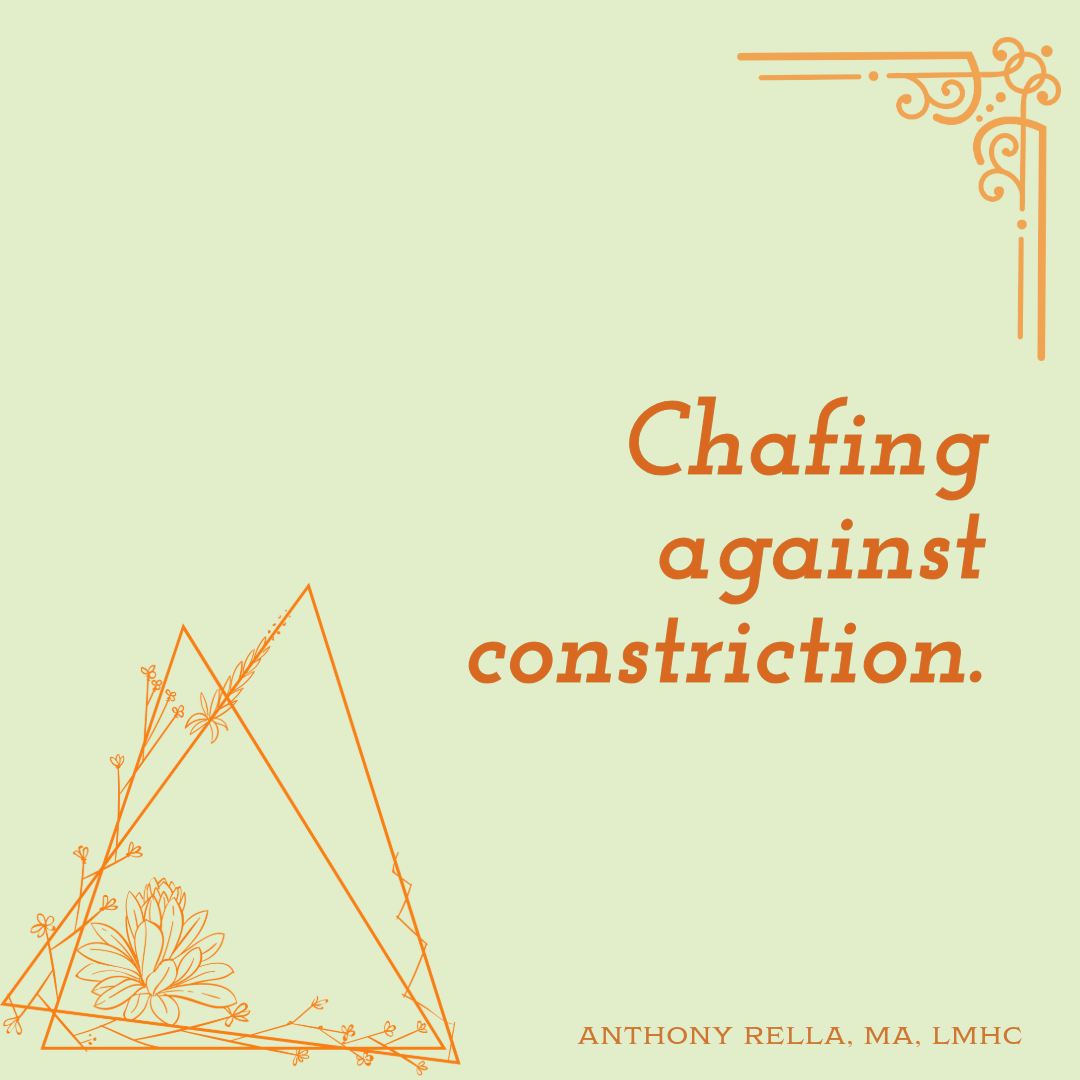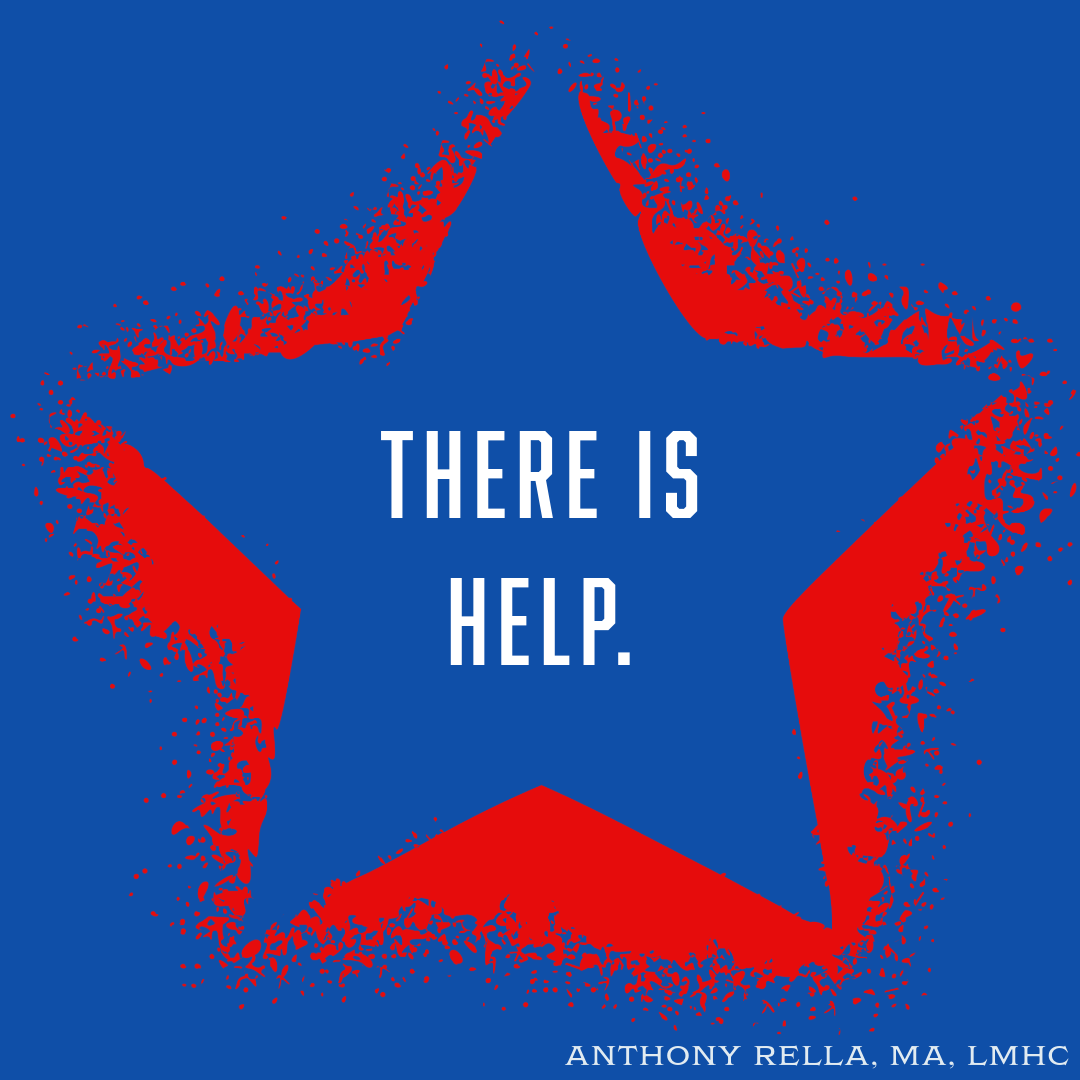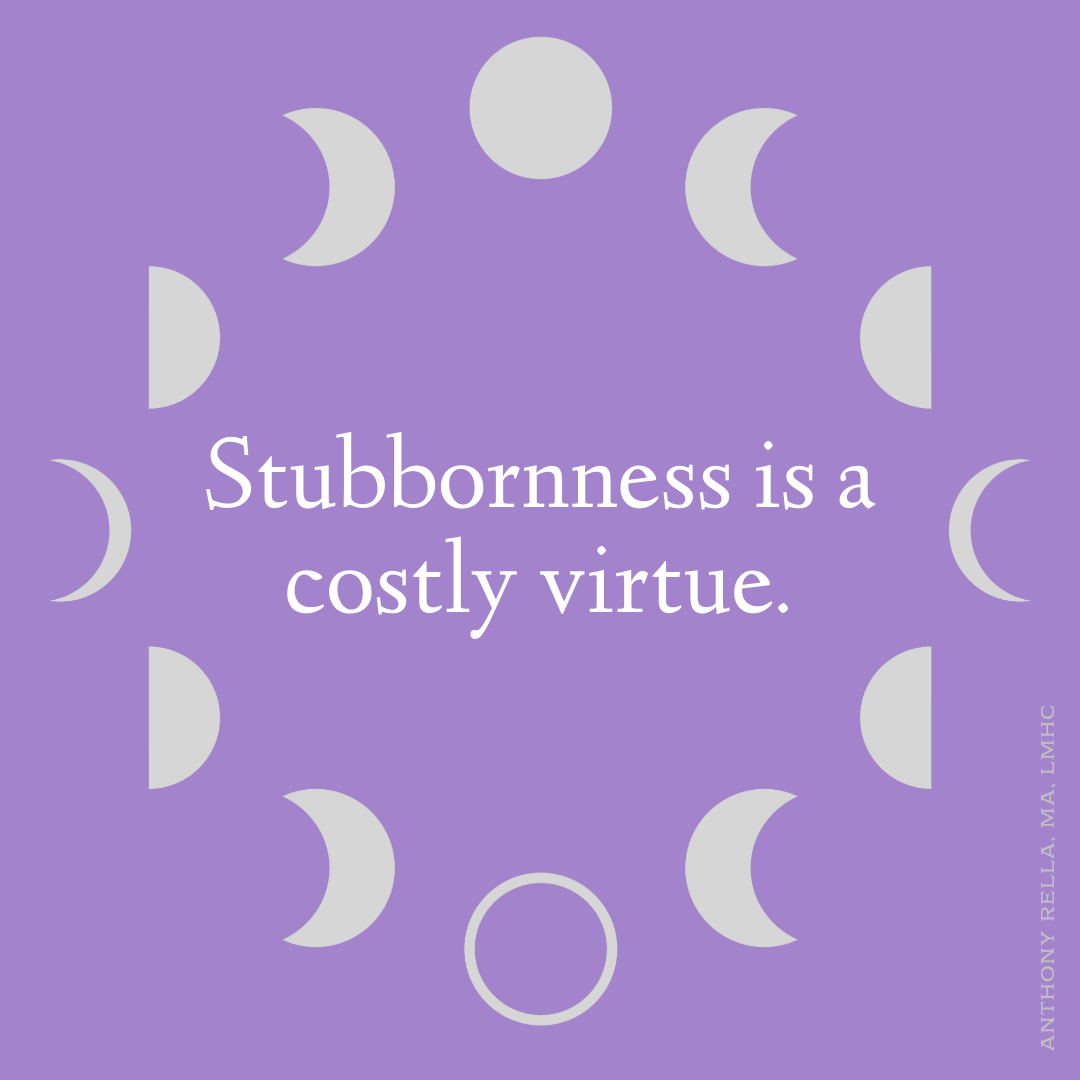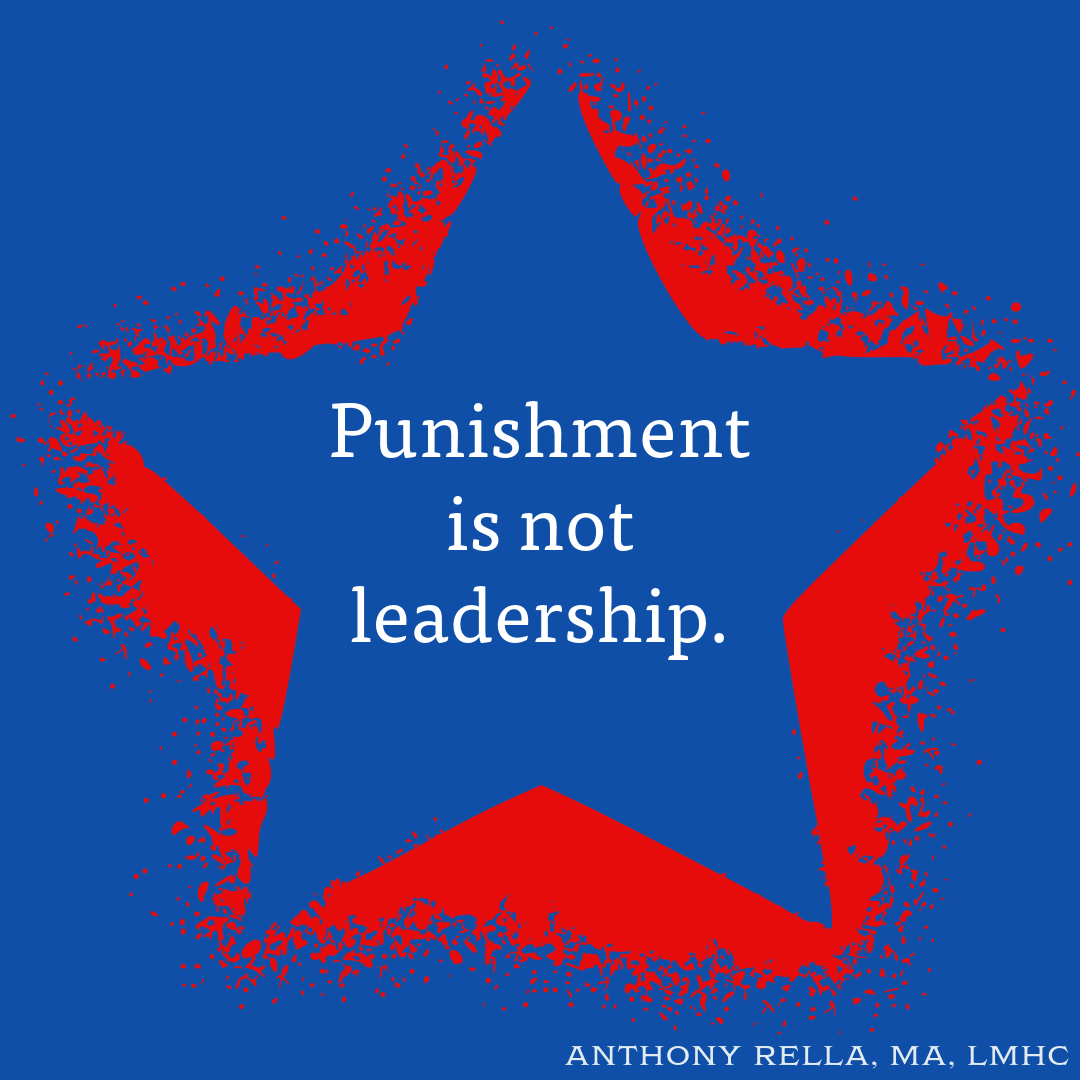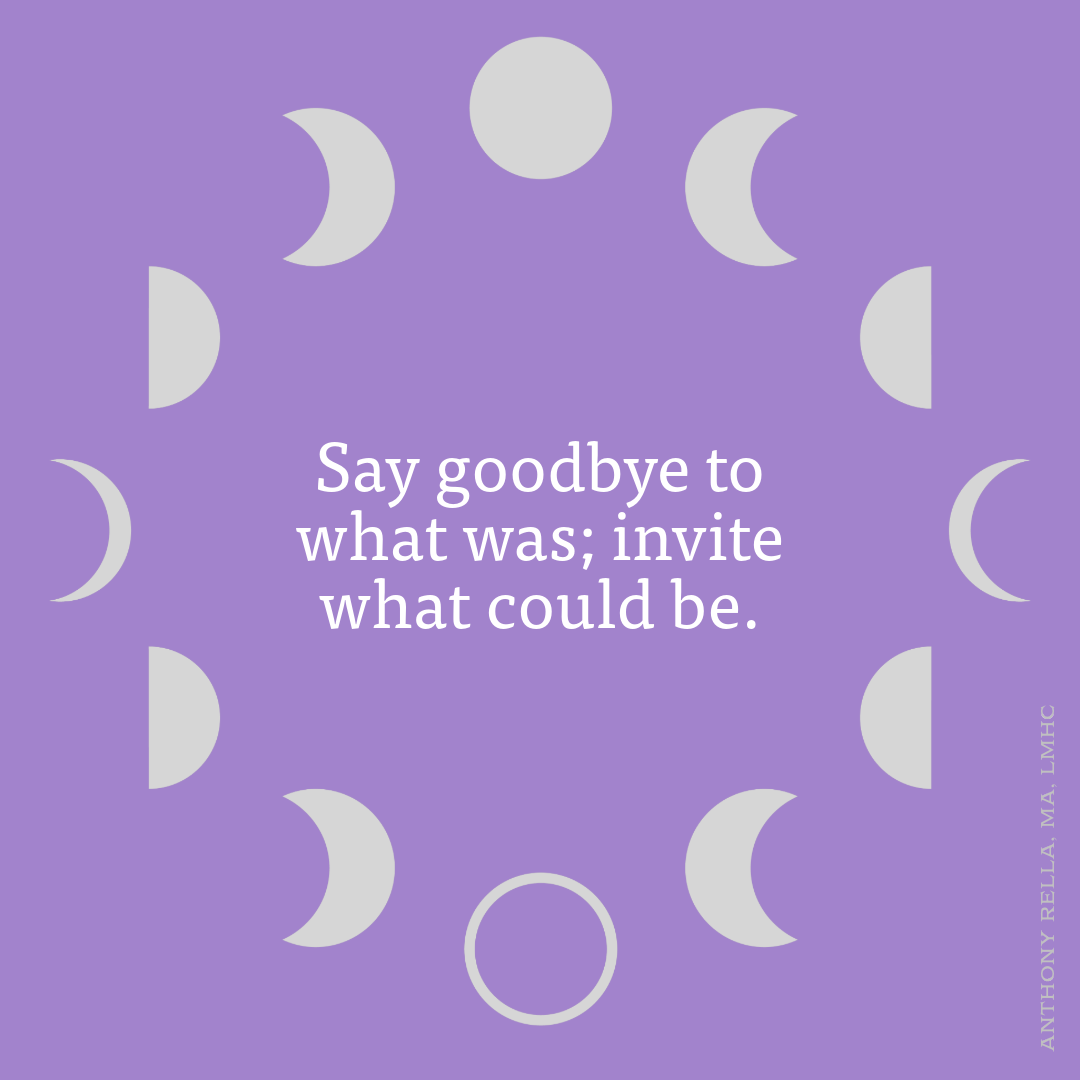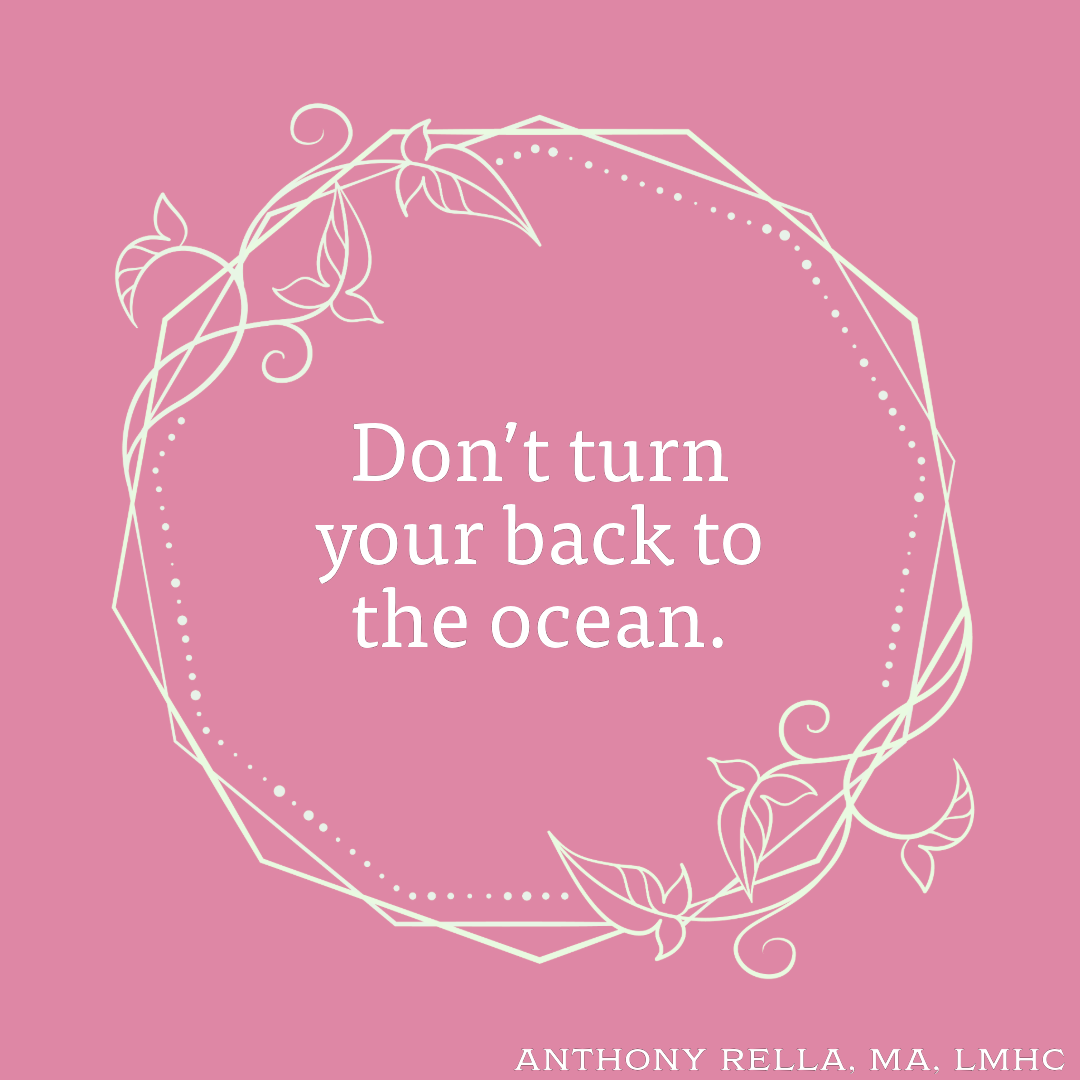When you take in floods of information daily, it’s normal and inevitable for the mind to start to organize them into simpler buckets so it’s easier to handle. So, instead of looking at thousands of people arguing with each other but sharing certain overlapping values, we start to imagine an archetypal being that we might call “Republicans” or “Democrats” who all share one opinion and agenda, and everyone who has an opinion that resembles that archetype we treat as a representative of the imaginary being.
Much confusion arises, because on the individual level, even if we identify with an ideological camp, there are going to be issues of agreement, issues of disagreement, and people we consider shockingly inappropriate, too extreme, and not representative of our ideological camp. But from the outside, everyone within that camp gets blamed for the loudest and most extreme positions.
It’s worthwhile to occasionally take that archetype and see if you can break it down into the component filters that make it up. By which I mean, all the competing camps and stories within that archetype. Some people think we’re in an era of five-dimensional chess, in which each move is a skilled distraction from some other, more important issue. Other people think we’re experiencing an era of profound stupidity and recklessness, in which there is no guiding principle. Still other perspectives suggest there are camps within the camp, each with its own five-dimensional chess strategy, and they’re as much playing against each other as they’re playing against a shared adversary.
Each story is a filter, the way a colored filter affects the light that passes through. Blue filters let blue light through, making everything bluer. Red filters let red light through, making things redder. Our stories are more complex arrangements of thought and feeling, but they too allow some qualities to be more visible and obvious while obscuring others. Looking at each filter may help us get closer to the purity of undifferentiated light, insofar as it is possible for us.


